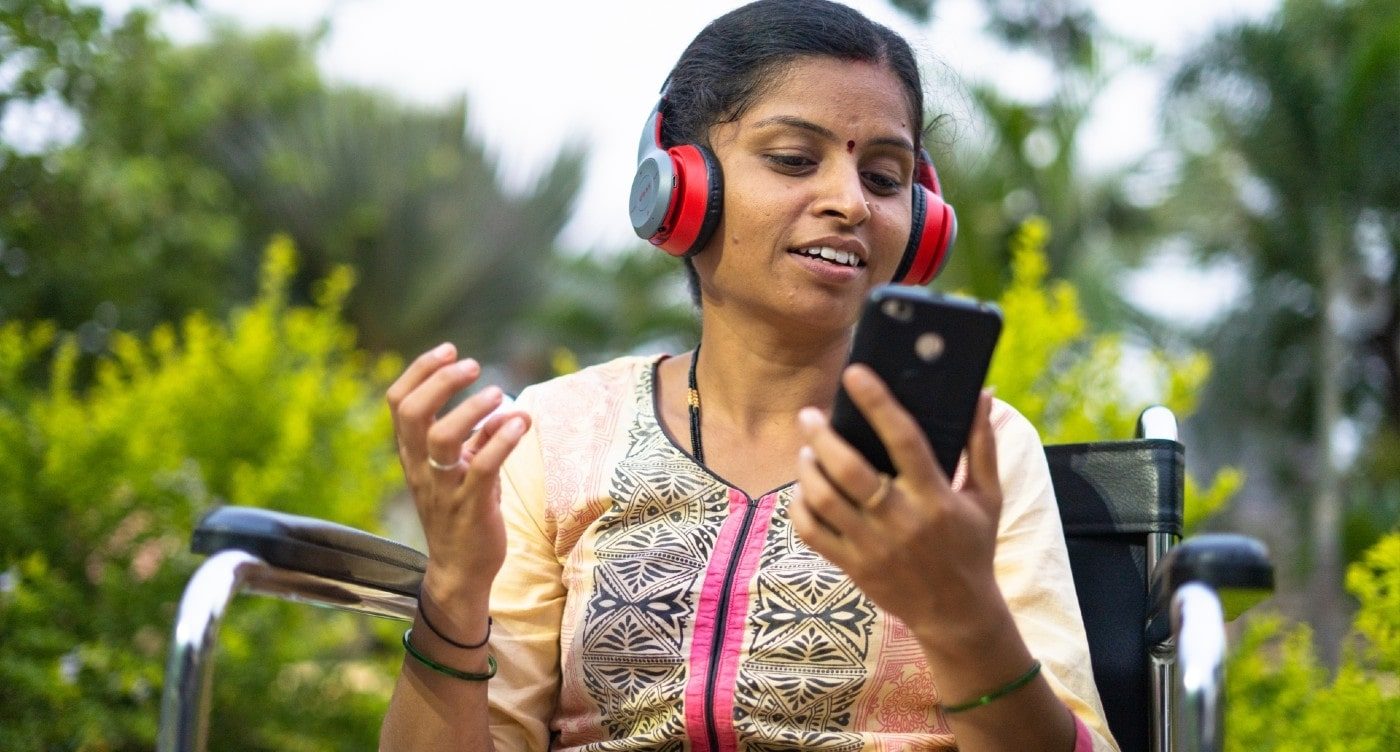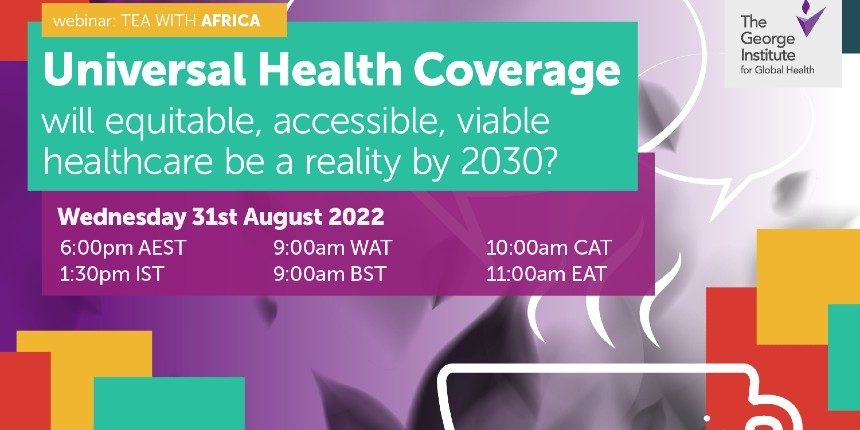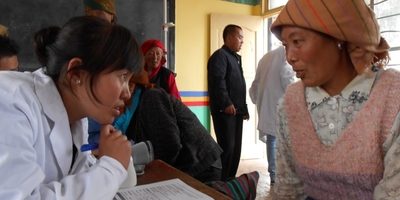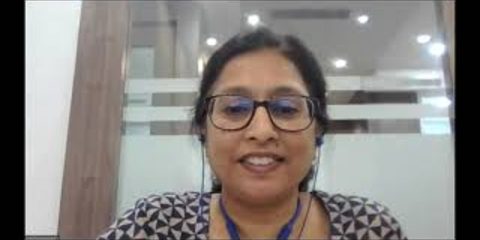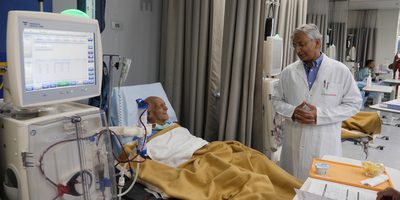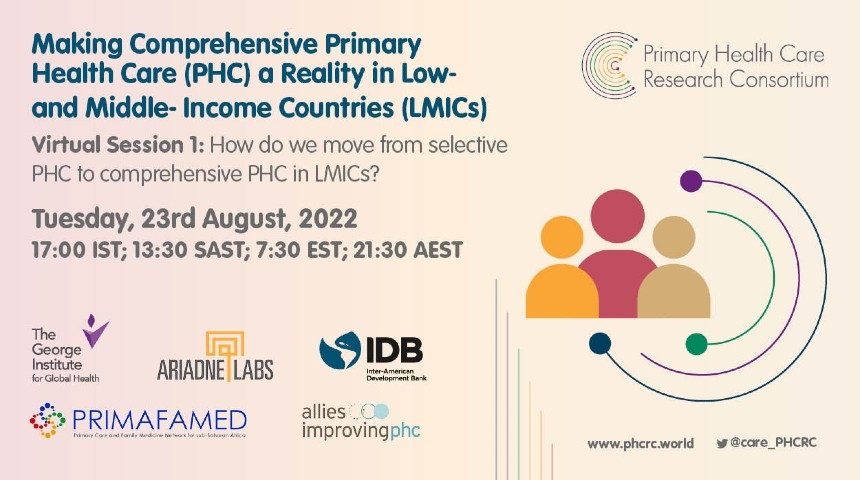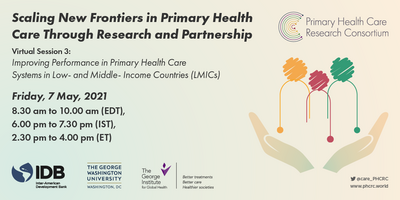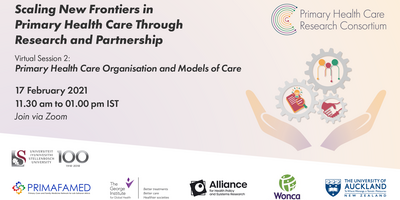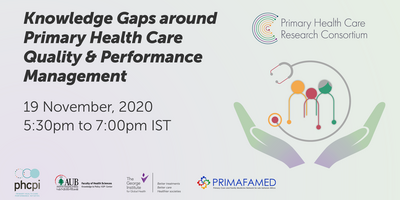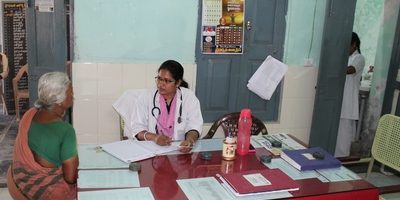The “Virtu-Care” project by the Nossal Institute, of which The George Institute, India is a lead implementation partner, is one of the recipients of the Australia-India Council (AIC) grants this year. Virtu-Care aims to produce a tele-health care model that specifically meets the health and rehabilitation needs of people with disability.
With the Covid-19 pandemic continually putting health systems across the world under unprecedented pressure, tele-health has rapidly scaled, especially in low-resource countries with high populations, such as India. During the pandemic, India's flagship tele-health platform ‘e-Sanjeevani’, registered more than 100,000 teleconsultations per day across several States in India.
While tele-health can potentially enhance access to a wide range of health services for people who are unable to attend services due to geographical distance, costs, comorbidities, stigma, discrimination, or socioeconomic status, gaps remain on how it can be used for health and rehabilitation of people with disability. An astutely designed tele-health system would incorporate the special needs of the disabled and play a vital role in addressing such health inequities.
In partnership with e-Sanjeevani, Centre for Development of Advanced Computing, Mohali, India, The George Institute, India’s researchers will work with Nossal Institute, Public Health Foundation of India, and University of Adelaide to analyse effective models of disability-inclusive virtual rehabilitation. The findings will be used to design an inclusive virtual tele-health model that specifically meets the health and rehabilitation needs of people with disability.
“The George Institute’s team of highly skilled researchers has been actively exploring partnerships to identify opportunities towards building a sustainable tele-health ecosystem. Virtu-Care project is a testament to the research collaboration established to overcome the challenges posed by the Covid-19 Pandemic.
- Prof Vivekananda Jha, Executive Director, The George Institute, India.
The Institute has hosted a series of policy consultations on tele-health and virtual-care for patients with chronic conditions and published implementation experiences and best practices in tele-health from several low- and middle-income countries. It has also supported WHO South-East Asia Regional Office towards the development of a policy brief on leveraging tele-health for efficient delivery of primary health care in the WHO South-East Asia Region. The policy brief supports the implementation and scale-up of tele-medicine across the member states in South-East Asia Region.
Currently, the Institute leads a systematic review on tele-health as a strategy for addressing health inequities along with researchers from University of Adelaide and Nossal Institute.
A large number of citizens with visual, hearing impairments are left behind as current tele-health platforms use audio-visual technologies for care delivery. The Virtu-Care project aims to co-design tele-health innovations aimed at developing inclusive technologies towards “leaving no one behind” and addressing health inequities that plague the system today.
- Dr Oommen John, Programme Head, Research Innovations and Outreach, The George Institute, India
The Government of India and Government of Australia have Memorandum of Understanding (MoU) for cooperation in disability sector. The “Virtu-Care” is supported by the Australian Government through the Australia-India Council of the Department of Foreign Affairs and Trade.


